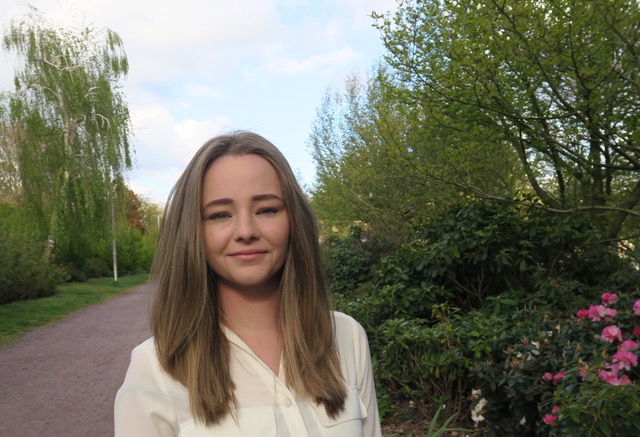A balanced life has become the ideal of well-being in our times. If we want to bear the anxiety unique to each of us – an anxiety often repackaged as ‘if you want to thrive and be your best self’ or ‘maximise productivity and become the alpha you know you are’ – we need to find a sense of balance. To achieve this, we must manage our stress levels, ensure we’ve regulated (i.e., controlled) our emotions, and make time for our loved ones because fostering a sense of belonging is important. We also need to engage in physical activity – 150 minutes per week of moderate cardio, at minimum –, eat a balanced diet, minimise substance abuse, and – my favourite, for its sheer ambiguity – ensure we have a sense of ‘personal fulfillment’. If we can incorporate each of these elements into our lives, we will complete the jigsaw and achieve homeostasis. In other words, we will find that elusive sense of wholeness that everyone else seems to have.
This emphasis on balance as a form of self-care (or love) is nothing new. Even Freud spoke of ‘regulating’ the pleasure principle, and the term itself shows up in Plato’s Symposium, written between 384 and 379 BC, wherein Eryximachus, a doctor, defines love as something that manifests as a force of balance and harmony, particularly in health. At the same time, while Eryximachus is speaking, he is helping Aristophanes overcome a bout of hiccups. He encourages Aristophanes to make himself sneeze, which works, leading Aristophanes to brilliantly ask: ‘I wonder whether the harmony of the body has a love of such noises and ticklings?’ In other words, why would something as completely disharmonious as a sneeze be designed to pursue balance within the body?
Now, yes, living well helps. In my own life, I have seen how going to the gym after work does, in fact, help a lot more than drinking wine. Spending time with friends helps me forget about my to-do list, which can help reorient my relationship to it and thereby reduce stress. All of this is well and good. However, when I live my life in accordance with these ideals, I find myself relating to my own experience as though it is something I can program. It starts to feel a little like talking to ChatGPT: while it might resemble a human, something is missing. There is an alienation that arises, akin to the sense one has when talking to ChatGPT. Ironically, this might mean ChatGPT is the closest encounter we have ever had with a sense of something that is truly ‘whole’.
In other words, there is something ‘in excess’ about being human which is felt to be lost when we focus on programming ourselves to perfection. For psychoanalysts, this ‘excess’ exists because we are divided creatures, with an unconscious that is as alive and ever-present in our speech as the part of us that can decide whether to go to the gym or have a glass of wine. It emerges in our slips, our mistakes, and all those parts of ourselves and our lives that, try as we may, keep escaping our recognition – and thus our attempts at programming. For instance, you encounter your own divide whenever you find yourself acting or speaking in such a foreign way that you ask, ‘What possessed me to do that?’ For the truly balanced among us, whose behaviour is always in accordance with their will, you might find it in your external patterns: those mistakes that find you, the relationships with the same person you keep repeating, those situations with people that seemed so strange, and the people who were so awful – how did you end up there? This is, psychoanalytically, precisely that excess that cannot be brought into any kind of balance, or at least not through stress management regimens, forced time with other people, or dopamine-serotonin ‘hacks’.
Now, this is not to say we should stop calling our friends or going to the gym. But instead of seeing these activities as routes to an ideal state of perfection, it might be helpful to start seeing them as anxiety-distancing tools for each of us. In doing so, it might help us retain a sense of curiosity – one of the strongest forms of distancing – when that excess in us inevitably speaks and dysregulates us. But then again, is that not just another ideal?
Written by Molly Fitz
